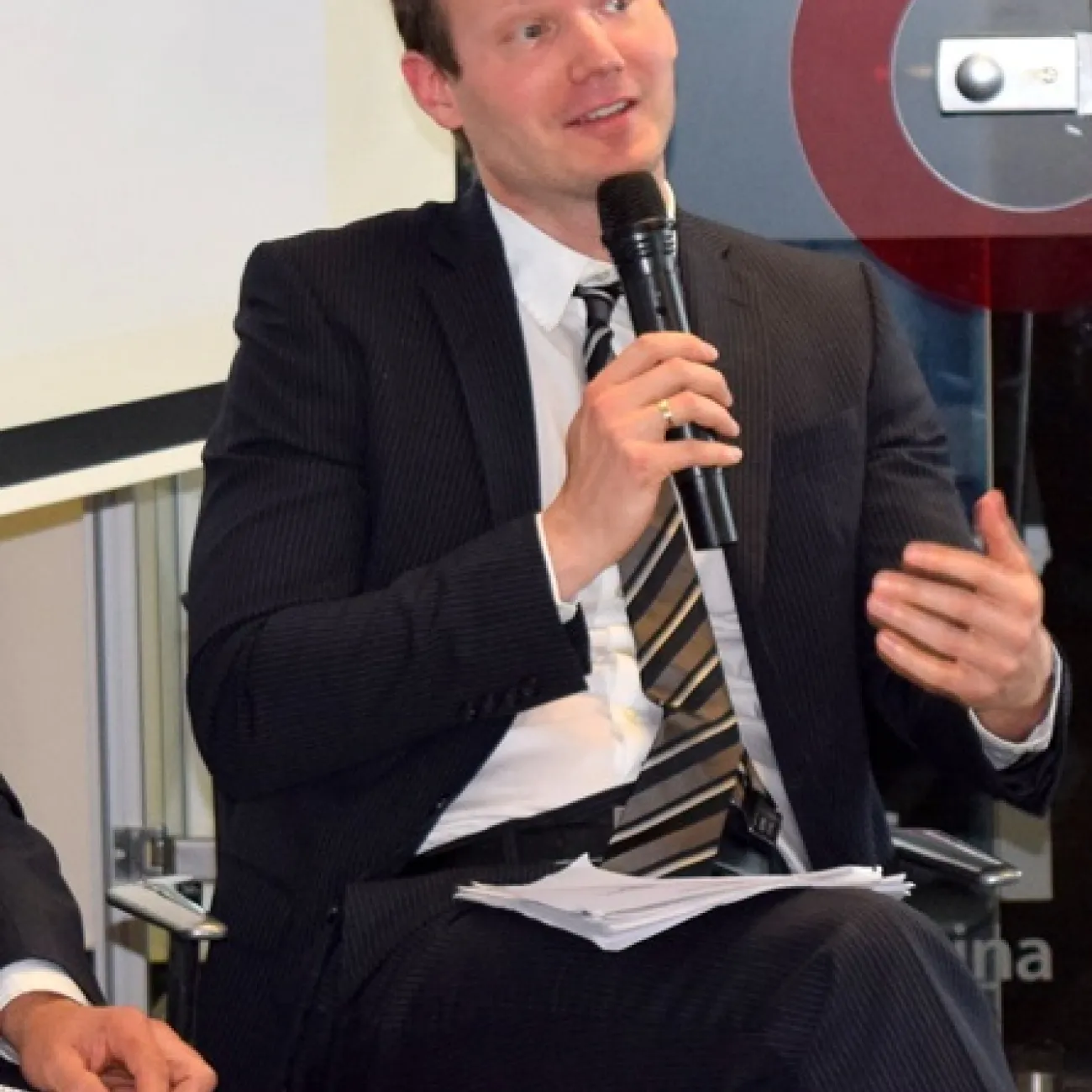About
Dr. Kamil Zwolski is Jean Monnet Professor of European Security and Director of the Centre for Comprehensive European Security at the University of Southampton. He is an Associate Professor of International Politics, known for his expertise in European and international security. In addition to his research leadership, Dr. Zwolski is a passionate teacher recognized as a National Teaching Fellow and a Senior Fellow of Advance HE, reflecting his commitment to excellence in higher education.
Research Focus and Contributions
Dr. Zwolski’s research examines the evolving landscape of European security and geopolitics. He focuses on European security integration and the European Union’s role as an international security actor, as well as European-Russian relations and the strategic dynamics of Central and Eastern Europe. In 2024, he established the Centre for Comprehensive European Security with support from a European Union grant, creating a platform for comprehensive research and collaboration on these issues. Under his leadership, this centre has become a hub for scholars and practitioners, fostering new insights into Europe’s security challenges.
Dr. Zwolski has published three peer-reviewed books on European security (in 2013, 2018, and 2024). His latest book, Researching European Security Integration (2024), challenges conventional approaches to studying European security and proposes innovative perspectives for the next generation of scholars. In addition to his books, he has written 15 articles in peer-reviewed academic journals, including contributions to the prestigious Journal of Common Market Studies (2014 and 2016).
His scholarship and education excellence has been recognised and supported by three major European Union grants – he has held a Jean Monnet Chair, led a Jean Monnet Centre of Excellence, and developed a Jean Monnet teaching module. Dr. Zwolski collaborates with leading think tanks (including the International Institute for Strategic Studies and Chatham House) and frequently delivers keynote addresses and provides expert commentary, effectively bridging academic research with public policy debates.
Teaching Innovation and Excellence
Dr. Zwolski is known for his innovative teaching methods and dedication to student engagement. He incorporates active learning techniques and gamification into his courses to bring complex international politics concepts to life. He champions student–staff partnerships and takes a creative approach to curriculum design at the programme level, ensuring that learning is interactive and student-centered. Colleagues and students alike recognize him for pioneering modern pedagogy and continually improving the student experience.
Dr. Zwolski’s excellence in teaching has been acknowledged with top honors. He led a university-wide project to enhance assessment and feedback practices, demonstrating his commitment to improving how students learn and are evaluated. In 2022, he was awarded the National Teaching Fellowship – the UK’s highest recognition for teaching excellence. He is also Senior Fellow of Advance HE, reflecting his leadership in educational practice. Over the years, he has won multiple awards at the University of Southampton – including student-nominated awards – for outstanding teaching innovation and the quality of his feedback to students. Building on his expertise, Dr. Zwolski secured a European Union Jean Monnet Module grant in 2023 to create a cutting-edge module titled “European Power and the Geopolitics of Europe and Asia,” integrating his research insights into teaching and offering students a unique perspective on global security.
Consultancy and External Engagement
Beyond his university roles, Dr. Zwolski actively serves as a consultant and advisor, sharing his expertise both in academia and in international affairs. He advises on higher education pedagogy, curriculum design, and assessment strategy, helping other institutions enhance their teaching and learning practices. In the realm of international security, he has provided policy insight on European integration and security to government bodies, including advisory work for officials in Japan and Thailand. Dr. Zwolski has also collaborated with universities in countries like Georgia, offering guidance on curriculum development and educational innovation. Additionally, he contributes to academic quality assurance through extensive service as an external examiner across UK universities.
You can update this in Pure (opens in a new tab). Select ‘Edit profile’. Under the heading and then ‘Curriculum and research description’, select ‘Add profile information’. In the dropdown menu, select - ‘About’.
Write about yourself in the third person. Aim for 100 to 150 words covering the main points about who you are and what you currently do. Clear, simple language is best. You can include specialist or technical terms.
You’ll be able to add details about your research, publications, career and academic history to other sections of your staff profile.
